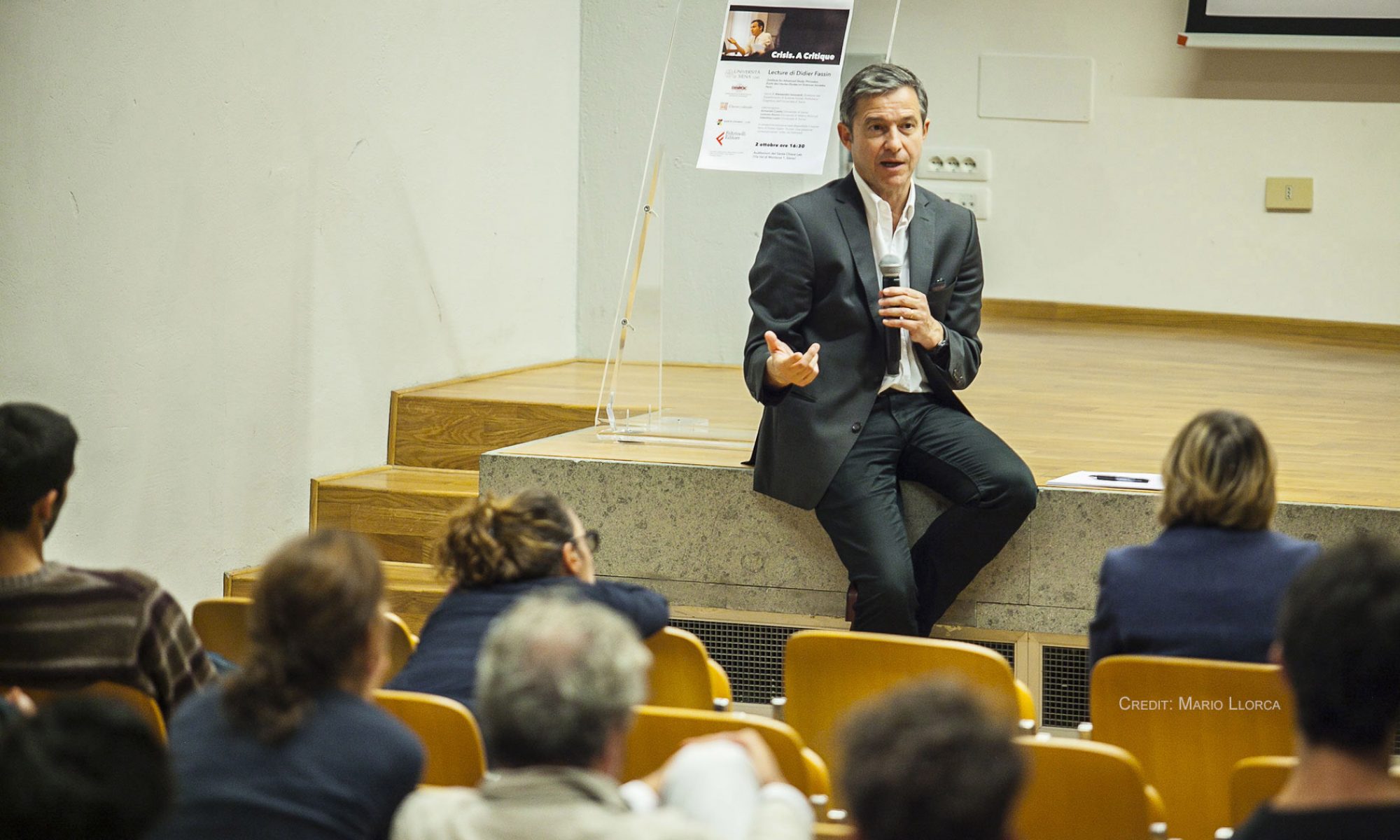The banalization of the language of crisis in the contemporary moment can neither be taken for granted nor merely ignored. It calls for a critical reappraisal based on a theoretical inquiry.
– This has been the matter of the seminar “Crisis and Critique”at the Institute for Advanced Study, of a collective volume coedited with Axel Honneth tentatively titled Crisis under Critique, and of a series of lectures in the United States, Europe and Latin America.
– A workshop was held and a collective volume coedited with Veena Das will be published by Duke University Press, both being entitled Words and Worlds, proposing what was designated as a lexicon for dark times based on a reassessment of common notions in contemporary critical contexts.
– The Page-Barbour Lectures, delivered at the University of Virginia, were focused on a critical approach to crises via three themes: Naming and historicizing, Constructing and interpreting, Producing and responding. Their revised version will be published at the University of Virginia Press.
The Inaugural Lecture at the Collège de France was titled “The Social Sciences in Times of Crisis”, followed by twelve lectures on The Trials of the Border.
But crises, as events related to both objective facts and subjective evaluations, need to be examined closely. In parallel with the theoretical inquiry, an empirical research is currently being conducted on several dimensions of crises, which will be developed in the coming years but are already reflected in a series of talks and publications. The main areas of exploration are the following:
– The so-called Migrant Crisis, with a special focus on the crisis at the France-Italy border (research conducted with Anne-Claire Defossez); a book is to come out in French, L’Exil, toujours recommence. Une ethnographie de la frontière, at Le Seuil, in January 2024.
– The Carceral Condition, which has not given rise to a sense of crisis despite its increasingly preoccupying evolution in numerous countries; it has given birth to the books Prison Worlds, at Polity Press, and The Will to Punish, at Oxford University Press.
– The Covid Crisis, which has shaken the basis of democracies, it has been analyzed in the collective volume Pandemic Exposures. Economy and Society in the Time of Coronavirus, coedited with Marion Fourcade, at Hau Press.
Finally, the internationalization of the program, which is in preparation, will allow for a global approach to crises.
